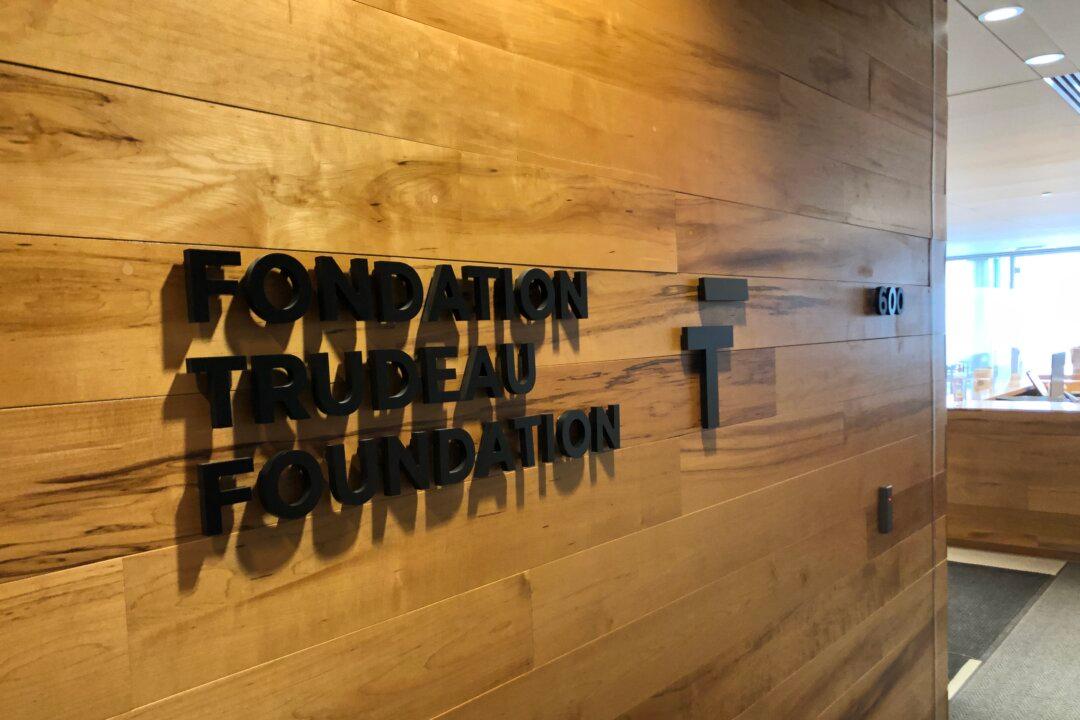The former CEO of the Trudeau Foundation who was at the helm when Chinese regime-backed entities made a donation says the fund could in no way have influenced the Canadian government.
“The donation bought no influence and we never thought that a $200,000 donation would influence any government,” said Morris Rosenberg on June 12 as he testified before the House of Commons public accounts committee.





